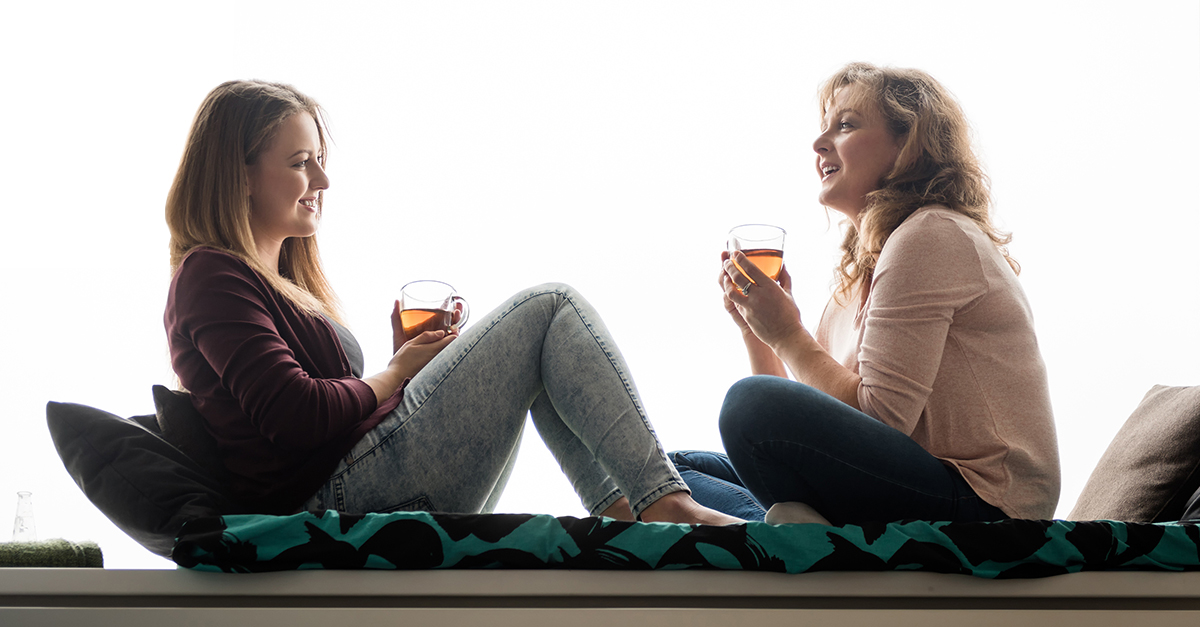Parental Engagement Lowers Teen Substance Abuse in Iceland

Did you know that Iceland is the leading European country for cleanest-living teens? The World Economic Forum reports:
The percentage of 15- and 16-year-olds who had been drunk in the previous month plummeted from 42 percent in 1998 to 5 percent in 2016. The percentage who have ever used cannabis is down from 17 percent to 7 percent. Those smoking cigarettes every day fell from 23 percent to just 3 percent.
And also reports on a study that:
…revealed clear differences between the lives of kids who took up drinking, smoking and other drugs, and those who didn’t. A few factors emerged as strongly protective: participation in organised activities – especially sport – three or four times a week, total time spent with parents during the week, feeling cared about at school, and not being outdoors in the late evenings.
The push for parental engagement proved essential in Iceland’s campaign to reduce substance abuse.
Links between parents and school were strengthened through parental organisations which by law had to be established in every school, along with school councils with parent representatives. Parents were encouraged to attend talks on the importance of spending a quantity of time with their children rather than occasional “quality time”, on talking to their kids about their lives, on knowing who their kids were friends with, and on keeping their children home in the evenings.
In addition, the national umbrella organization Home and School has introduced agreements for parents to sign. “The content varies depending on the age group, and individual organisations can decide what they want to include. For kids aged 13 and up, parents can pledge to follow all the recommendations, and also, for example, not to allow their kids to have unsupervised parties, not to buy alcohol for minors, and to keep an eye on the wellbeing of other children.”
The director of Home and School Hrefna Sigurjónsdóttir argues that “these agreements educate parents but also help to strengthen their authority in the home.” Researcher Inga Dóra adds that “we learned through the studies that we need to create circumstances in which kids can lead healthy lives, and they do not need to use substances, because life is fun, and they have plenty to do – and they are supported by parents who will spend time with them.”
One reason that Iceland’s reliance on parental engagement is so effective can be explained by recent research in the field of social neuroscience. An article in Scientific American explains that while we have known for some time now that the brains of adolescents are still developing in areas related to risk assessment, self-control, emotional regulation, etc., what this newer research is showing is that social factors affect the teenage brain and thus play a significant role in teen decision making. The simple version is that when teens are around their peers, their ability to accurately assess risk diminishes, whereas active parental engagement can help increase teens ability to self-regulate, assess risk, etc.
